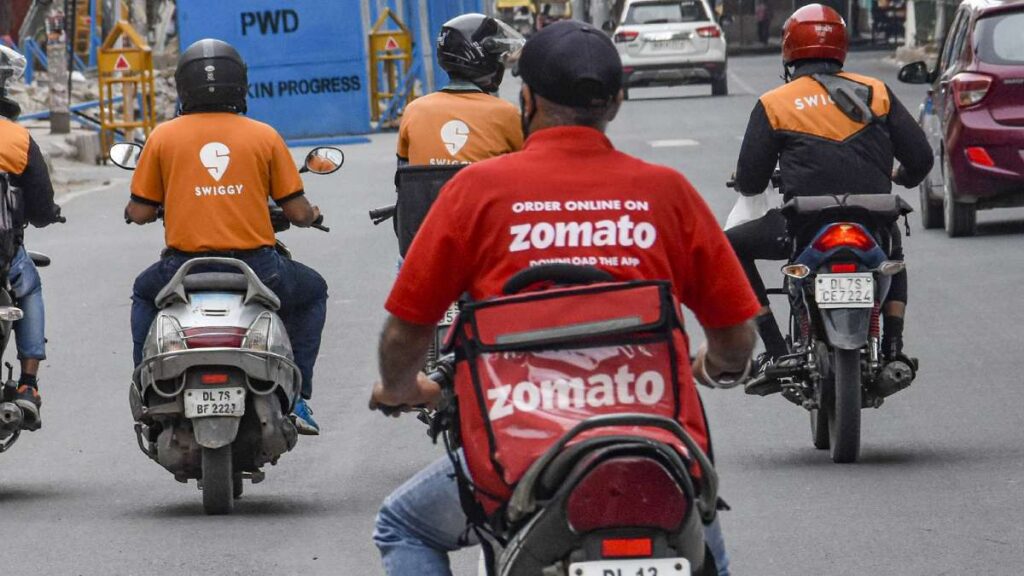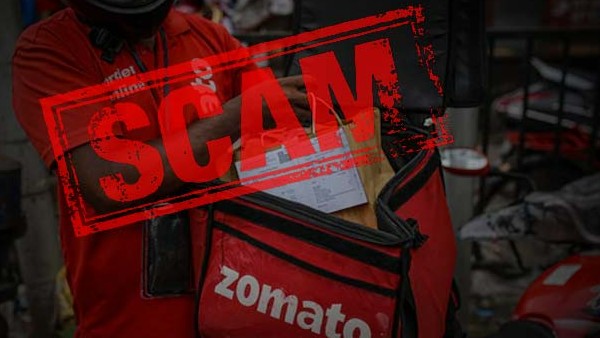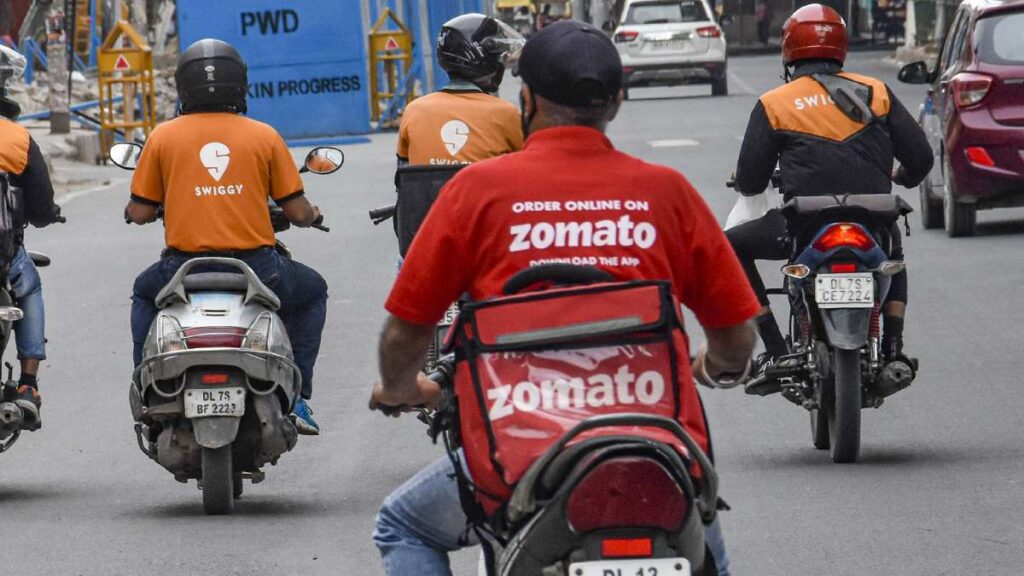“Feast or Fraud: Are Swiggy and Zomato Taking You for a Ride with Service Charges?”

Is service charge compulsory in 2023 ?
As per CCPA rules, hotels and restaurants can’t make customers pay a service charge. They must tell customers that paying the service charge is up to them – it’s their choice, and they don’t have to do it if they don’t want to.

“Unveiling the Culinary Conundrum: Decrypting Swiggy and Zomato’s Elusive Extra Fees – The Art of Deceptive Charges Disguised as ‘Container Charades'”
Swiggy and Zomato, popular food delivery platforms, have come under scrutiny for imposing seemingly unnecessary service charges under various deceptive names like “container charge,” “packaging charge,” and “restaurant packaging and handling charges.” This practice has raised concerns among customers who feel deceived and taken advantage of. These hidden charges have led to a perception that these platforms are exploiting customers by disguising additional fees as legitimate costs. Such practices not only erode trust but also undermine transparency in transactions. As consumers increasingly rely on these platforms for their dining needs, it becomes essential for these companies to prioritize honest and upfront communication regarding any charges associated with their services, ensuring a fair and respectful experience for all customers.

“Dining Dilemma: The Price Paradox Unveiled – Swiggy and Zomato’s Menu Manipulations: From Markups to Mirages”
There is growing concern that Swiggy and Zomato, prominent food delivery applications, are intentionally inflating food prices on their platforms. Many customers have observed a stark contrast between the prices displayed when dining in at restaurants and the substantially higher prices listed online. It appears that these apps are artificially increasing the costs, only to later apply discounts that still leave the final food expenses higher than the original restaurant prices. This practice has led to accusations of manipulating prices and misleading customers, creating a sense of exploitation. As consumers seek convenience and affordability through these platforms, it is essential for companies to maintain ethical pricing practices and provide accurate information, fostering a sense of trust and reliability among their user base.
“Lost in Limbo: Zomato and Swiggy’s Customer Care Conundrum – Vanishing Complaints and the Perilous Pursuit of Redress”
The customer support and grievance resolution offered by food delivery giants like Zomato and Swiggy have come under scrutiny due to their perceived inadequacy. Many users have reported instances where issues with orders or services were met with a frustrating lack of effective assistance. Instead of prompt resolution, customers are often directed to communicate via email, which frequently results in delayed responses or, at times, no response at all. This inadequate approach not only fails to address the concerns of frustrated customers but also leaves them feeling ignored and helpless. In cases where refunds or replacements are warranted, the process is often protracted and elusive, causing many customers to abandon their complaints due to sheer frustration. To uphold their reputation and ensure customer satisfaction, these platforms should urgently reassess their customer support strategies, focusing on timely responses and concrete resolutions that restore faith in their services.
“Road Warriors of Haste: Swiggy and Zomato’s High-Speed Delivery Drama Raises Eyebrows – Unveiling the Perils of Rushed Deliveries and the Dilemma of Child Riders”
The behavior of delivery personnel from Swiggy and Zomato has become a topic of concern in recent times. Reports of delivery riders flouting traffic rules, driving on the wrong side of the road, and speeding recklessly to fulfill the promised timely deliveries have raised serious safety issues. Additionally, there have been instances where underage individuals have been reportedly engaged as delivery boys, highlighting a glaring lack of due diligence by these companies. Such practices not only compromise the safety of both the riders and other road users but also contribute to an environment of chaos and disregard for traffic regulations. Addressing these concerns is crucial not just for the well-being of the riders, but also for the overall safety and harmony of society. Swiggy and Zomato must take proactive measures to ensure that their delivery personnel are trained, responsible, and adhere to traffic rules, thereby promoting a culture of responsible and ethical service that benefits both their employees and the community at large.





